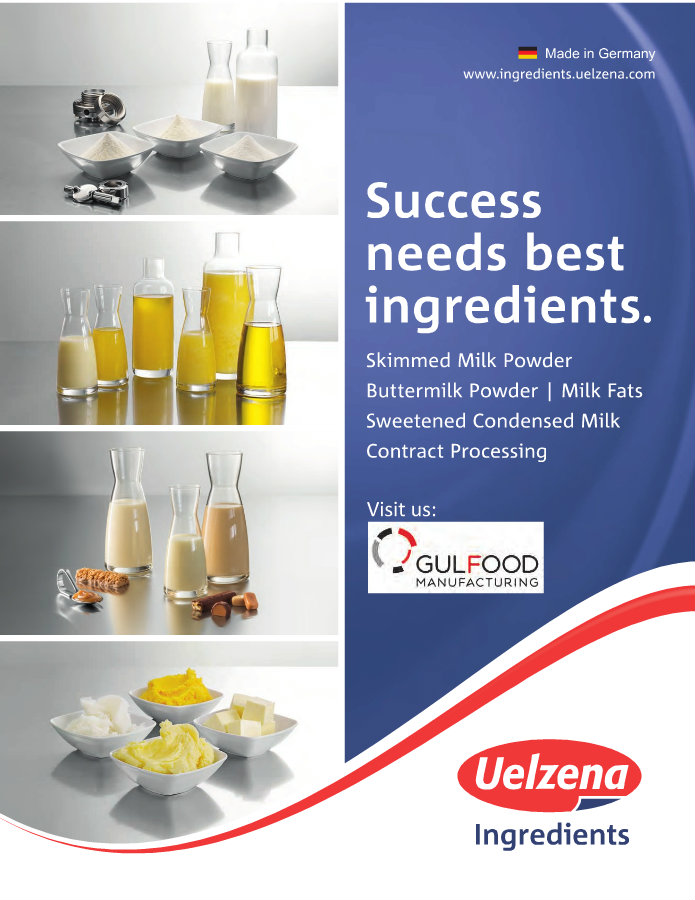Big food has a new business model.
Venture capital investments are the Big Food industry’s newest craving. It is a consumption habit that could become a permanent part of their diets.
Three of the industry’s largest manufacturers—General Mills GIS -1.27% , Campbell Soup CPB -0.64% , and Kellogg K -0.98% —over the past year unveiled VC funds to invest investments in foodie startups. They are spending millions to take minority stakes in food startups at a time when their tinier rivals are emboldened by greater consumer interest in innovative foods, some distrust of legacy brands, and greater access to retailers like Whole Foods WFM 0.49% .
That perfect recipe has given startups a clear edge that investors are rewarding. Since 2010, more than 400 food startups have scored more than $8 billion in funding, says Campbell Soup CEO Denise Morrison.
General Mills has been the most aggressive. The cereal maker’s VC arm, called 301 Inc., has invested in five startups, including kale chip producer Rhythm Super Foods and plant-based yogurt maker Kite Hill.
 Courtesy of General Mills; Courtesy of Back to the Roots
Courtesy of General Mills; Courtesy of Back to the Roots
The goal is to let the startups stick to their entrepreneurial guns, while General Mills can assist on marketing, packaging, and retail distribution. “It is really hard for big companies to create new businesses,” says John Haugen, vice president and general manager of 301 Inc. “They take time. They take investment and nurturing.”
For more on food startups, watch this Fortune video:
But General Mills doesn’t want the startups to face the corporate red tape that can slow down innovation at big food manufacturers. “We don’t want to tell them how to run their company,” Haugen says.
And while a full takeover isn’t a stated goal, casting a wide net could pay off later. Take, for example, the big price tags commanded by Bolthouse Farms, bought by Campbell Soup for $1.55 billion, or Annie’s, which General Mills scooped up for $820 million. Ideally those companies could have been bought more cheaply if the acquirers had been paying closer attention. “Why pay a billion for a takeover when they can invest in hundreds of companies and make a buyout for a few hundred million,” says Ryan Caldbeck, CEO of CircleUp, which connects potential investors and early-stage consumer businesses.
Until about a decade ago, it was challenging for food startups to score financing and shelf space. But they’ve had more success luring investors and customers as grocers began to stock smaller brands to help differentiate themselves from the competition.
Marketing also changed. Back when Annie Withey founded her namesake organic brand in the late 1980s, she printed her phone number and address on boxes to connect with consumers. Today, a YouTube channel would suffice.
NEWS REFERANCE: FORTUNE




